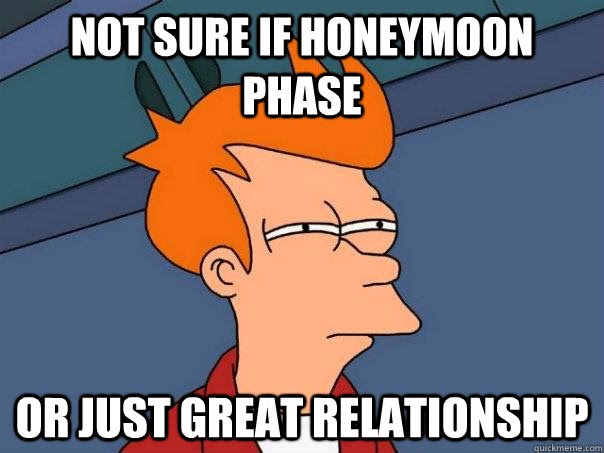Growing up, my parents were my whole world. Their approval and reactions to my choices mattered the most. Eventually, my school teachers and friends joined my circle of intimacy. As a little girl, the approval of others helped mold my life choices. Pretty standard for a little kid. Enmeshment was normal for me, as it is for all children. However, enmeshment does not work in adulthood. Being a child has different requirements than adulthood. Enmeshment is not a healthy answer to understanding yourself or others.
What is enmeshment anyway? This word is used to describe behaviors that appear between couples or family members who risk losing their own identity by overly investing in another person. The struggle isn’t obvious or have negative connotations. Enmeshment can occur for years, beginning in childhood and last into adulthood. It is the opposite of self-differentiation. My parents taught me that going to college was the only option after high school. This enmeshment was okay with me as a child who needed guidance. I didn’t have negative experiences with my parents’ educational choices. But, I didn’t entertain possibly not going to college. A small price, in my opinion. Enmeshment can be negative and positive, depending on the relationship. But it can cause an inability to self-differentiate. The experience of losing oneself in personal relationships has negative effects. The gift of attempting to not enmesh and remain interdependent is gaining an understanding of your self, fully. To remain at the mercy of another person’s definition is a personal loss. Learning from your enmeshment helps you know who you are and gain trust in your own identity.
There are so many ways that people overly identify with a spouse or family member. Enmeshment in parenting can look like “helicopter” parents. Or parents who wish to be “friends” with children. Limited consequences and boundaries are the patterns and eventually children do not trust themselves or understand personal responsibility. Enmeshment could be occurring n this case when parents have a perceived fear of being rejected or abandoned by their children as they grow.
In the honey moon phase of dating or marriage, enmeshment allows blinders, so that people remain oblivious to emotional issues in order to stay together. Being a human being means being flawed and imperfect. Once enmeshment wears off, both people reveal a more true self to one another. It is during this time that enmeshment occurs for both parties because the desire to remain in the fantasy phase of the relationship feels better than the real person they find next to them. This helps to maintain a false sense of security. Learning a healthy tolerance for flawed intimacy and brokenness helps discourage enmeshing. Self-differentiation feels much better and allows a more solid relationship for the long haul. Why? Because self-differentiation can allow for real resolution through truth.
If your sense of who you are is defined by judgments or actions of others, then you are experiencing enmeshment. Over investment in others and less investment in yourself. Maintaining an understanding of your needs, separate from others, and having appropriate boundaries can help you maintain a steady and healthy relationship with yourself and then others.


Our Blog